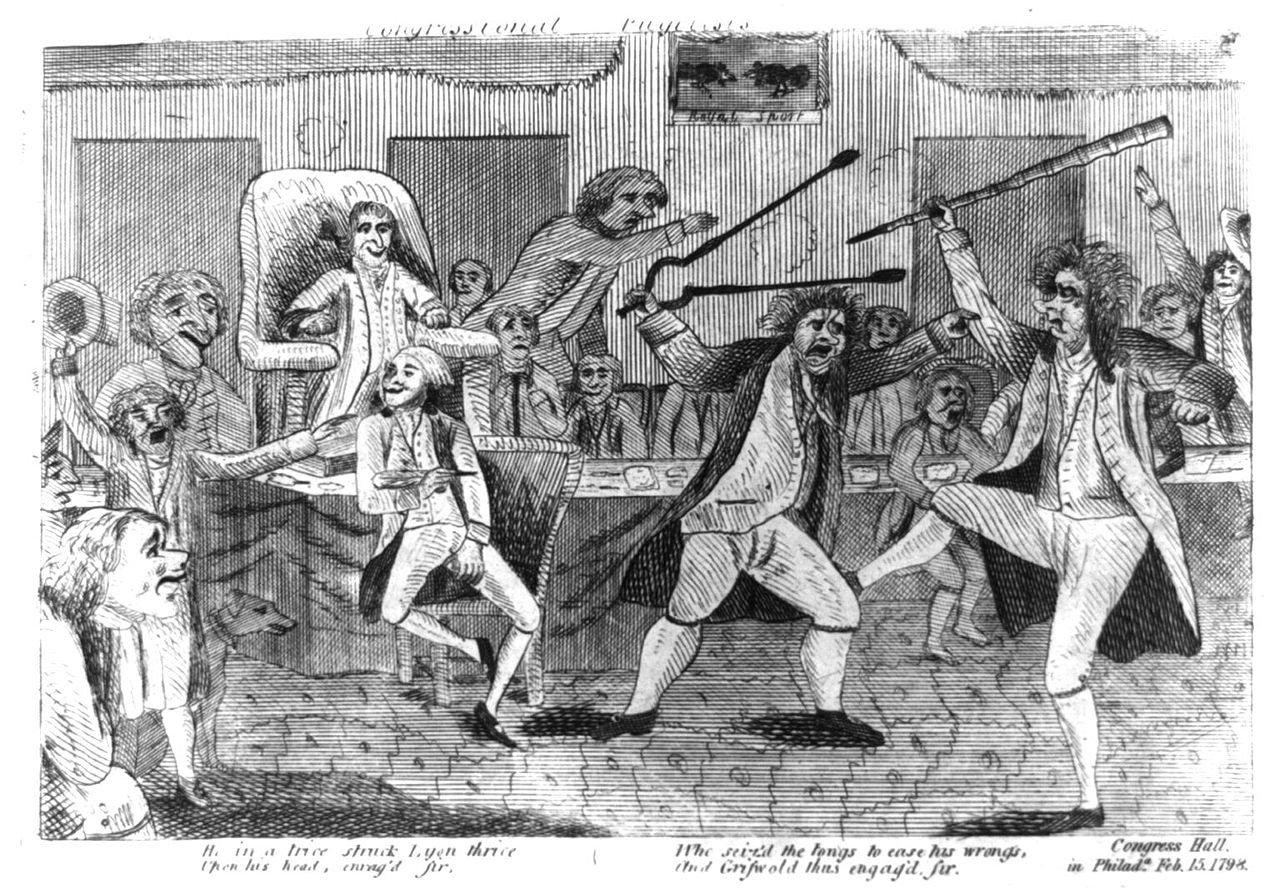
Research
My current research encompasses political theory, political philosophy, legal history, and transnational history, with a focus on themes such as the sense of superiority, the sense of extended empathy, membership and citizenship, and attitudes toward frustration.

Tempering Senses of Superiority: The Virtue of Magnanimity in Democracies (AJPS 2025; First Published 2024)
The problems of increased polarization and mutual disrespect in politics have become so commonplace that they rarely surprise us any longer. We find it increasingly difficult to engage in dialogue and communication with our political adversaries. We tend to shamelessly disregard them so easily and hold them in contempt. We often belittle and despise them, asserting our own superiority. Such practices can inspire confidence and help us stay motivated and engaged; also, they can exhaust us, prompting us at times to avoid or reduce cross-party interaction altogether. This is not a flaw attributable only to career politicians, but the one to which most ordinary citizens are also vulnerable.
Why are democratic citizens so prone to these tendencies? How can we accurately assess the phenomenon of mutual disrespect and civic enmity so pervading most democracies and offer a normatively preferable—yet also practically constructive—prescription? Apparently, simply calling for mutual respect—deliberative or agonistic—is neither realistic nor entirely desirable.
This paper argues that our urges of superiority must be understood as a feature rather than a bug in democratic politics. Ordinary citizens are prone to understand their political views and those of their opponents in a particular frame of mind, separating what is good, high, and noble from what is bad, low, and despicable, even while at once upholding—or certainly not explicitly discrediting—the foundational principle of democratic equality. The sense of superiority is an integral part of democratic sentiments. What we urgently need to discuss, then, is how to keep alive the sense of superiority that motivates ordinary citizens to participate in democratic conversations while preventing the energies stemming from the very feelings from escalating civic enmity.
Drawing primarily on Aristotle—especially his Rhetoric—this paper thoroughly examines impudence and magnanimity as two distinct manifestations of the same underlying sense of superiority. Unlike impudence—which involves a reckless and destructive expression of feelings of superiority conducive to heightened aggression—magnanimity does not give rise to an aggressive form of superiority. Why? The reason is that the magnanimous cannot express and retain their sense of superiority through hounding and pouncing on their opponents because the genuine sense of superiority that they wish to savor depends largely on whether they treat offenses against themselves lightly and refuse to confront their opponents in an impetuous or blatantly aggressive way.
This paper presents a novel, everyday-level democratic theory of magnanimity, highlighting magnanimity as a virtue in the sense of a motivational force that rouses activity or energy in people rather than that of a character trait that bears a strong ethical overtone. The virtue of magnanimity so understood involves our desire for superiority—and therefore our impulses of disregard for our opponents’ opinion—but its tempered manifestation helps us engage in cross-party conversations and keep them going without engendering or aggravating the climate of civic enmity. To promote this peculiar attitude toward political adversaries alone can make a welcoming and valuable contribution to contemporary democratic theory and practice.
Juman Kim, “Tempering Senses of Superiority: The Virtue of Magnanimity in Democracies,” American Journal of Political Science, Vol. 69 No. 2 (2025), pp. 531-544.

The Occasional Politician: Max Weber’s Vocabulary of Despair (MWS 2025)
Max Weber’s Politics as a Vocation is often read for its insights into professional politicians (Berufspolitiker). This paper redirects focus to Weber’s warnings concerning ordinary citizens, or occasional politicians (Gelegenheitspolitiker), analyzing three detrimental psychological orientations Weber predicts they might succumb to: embitterment, banausic life, and mystic flight. By intervening in a key translational ambiguity, I argue that ‘banausic life’ should be interpreted alongside ‘simple obtuse giving oneself over to the world and occupation’ as a single disposition distinct from the others. Based on close readings of Weber and supported in part by Aristotle’s philosophical insights, this paper frames these dispositions as responses to the citizen’s predicament caught between occupational demands and political mobilization. Ultimately, this study employs Weber’s strategy of prefiguration not to prescribe ideals, but to foster awareness of these pitfalls inherent in modern democratic life.
Juman Kim, “The Occasional Politician: Max Weber’s Vocabulary of Despair,” Max Weber Studies, Vol. 25 No. 2 (2025), pp. 201-224.
** The following paper, written in Korean and dealing with the Korean translation of Weber's works and Korean Weber scholarship, is an adaptation of my MWS paper: 김주만, “ 「직업으로서의 정치」 다시 읽기 : '임시정치인'과 세 가지 마음 풍경,” 현상과인식, 49권 2호 (2025), 155-192.

Tending Senses of Buren: A Carnal-Phenomenological Reading of Mencius (CPT 2025)
This paper presents a carnal-phenomenological interpretation of Mencius, viewed through the framework of Hwa Yol Jung’s comparative political theory. Departing from the prevalent focus on ceyin zhi xin in Mencius scholarship, this study prioritizes senses of buren [不忍] as a visceral, affective reaction to proximate suffering, compelling immediate moral intervention. I contend that buren is central to Mencius’s ethics of care, revealing a form of compassion founded not on universal principles or hierarchical ordering of others, but on embodied interactions and the irrepressible stirring of the heart-mind. Drawing on Jung’s carnal hermeneutics and his notion of ecopiety, this paper reconfigures Mencius’s compassion as selective, relational, and dynamic, underscoring the legitimacy of differentiated moral responses to both human and non-human suffering. Key contributions encompass a reinterpretation of Mencian compassion as a practice to alleviate cruelty within specific contexts and the integration of underappreciated insights from Hwa Yol Jung’s Sinistic phenomenology. While aiming to establish a theoretical paradigm conducive to better addressing contemporary moral quandaries through embodied moral sensibility, this paper advocates for the cultivation of one’s buren as a technique of humanity [仁術], grounded in lived experience and affective immediacy.
Juman Kim, “Tending Senses of Buren: A Carnal-Phenomenological Reading of Mencius,” Comparative Political Theory, Vol. 5 Issue 1, pp. 74-106.

An Unrecognized Triumph: Soh Kwang Pom’s Pursuit of U.S. Citizenship Through Naturalization in the Era of Exclusion (Korea Journal 2026; forthcoming)
This paper examines the overlooked U.S. naturalization of Soh Kwang Pom (1859-1897), a prominent Korean political exile, during a period (1885-1894) when U.S. law ostensibly barred Asian immigrants from citizenship. Challenging assumptions of mere luck or fraud, it argues that Soh strategically navigated a hostile legal landscape differentiating himself from prevailing anti-Chinese sentiment and leveraging his Christian, non-laborer status. Analyzing primary sources, including Soh’s own writings, the study reveals how his efforts interacted with the ambiguities and discretionary power inherent in the decentralized U.S. naturalization system. Soh’s case, particularly his “prefigurative” assertion of citizenship even before formal approval, illuminates the contested nature of racial exclusion and the practical application of law, offering a nuanced understanding of early Korean-American experiences. This study contributes to a deeper appreciation of Soh’s agency within exclusionary legal frameworks, facilitating further interdisciplinary research in Korean history, legal and diplomatic history, and Asian American studies.